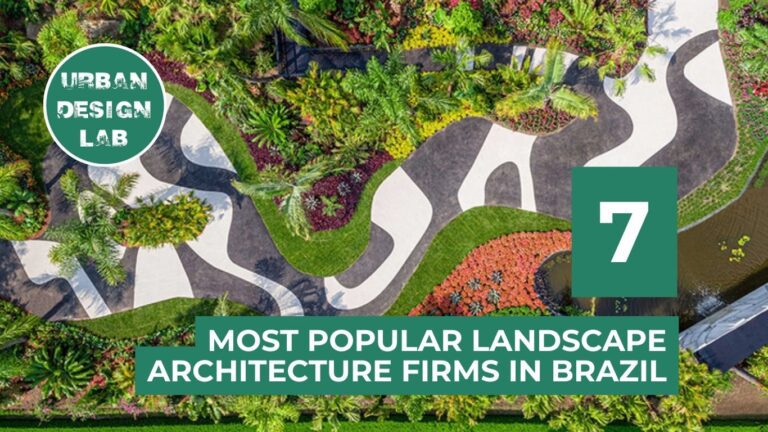
Generative AI and Digital Twins for Parametric and Participatory Urbanism
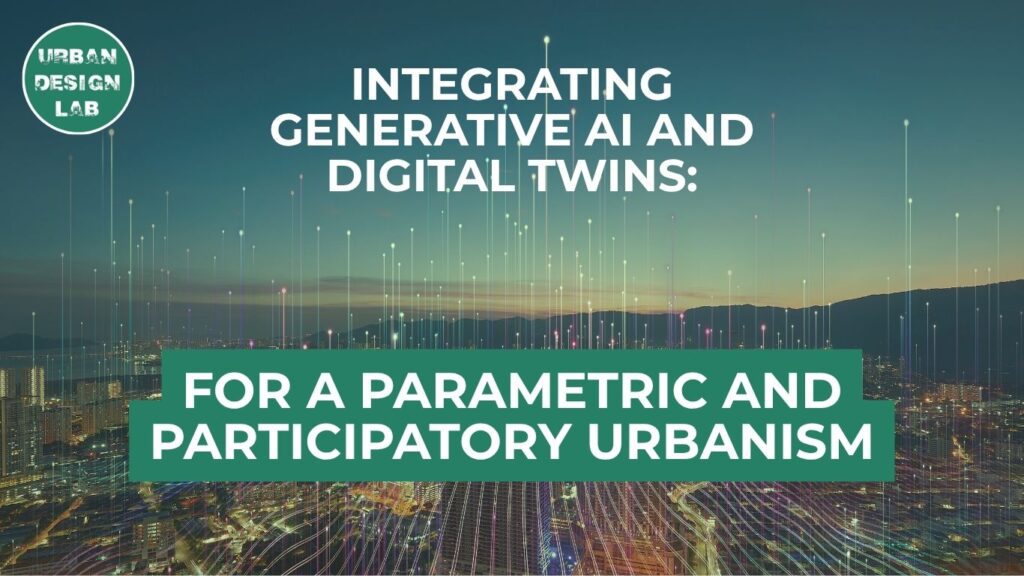
Urban design is being revolutionized by advanced technologies, particularly generative artificial intelligence (AI) and digital twins. This article introduces these key concepts—alongside parametric and participatory urbanism—to establish a clear foundation for understanding their impact. It explores how generative AI enhances digital twins through real-time data generation and scenario modeling, enabling more adaptive, responsive urban simulations.
This synergy supports parametric urbanism by facilitating data-driven design iterations and strengthens participatory urbanism by enabling inclusive, collaborative decision-making. The article also addresses critical challenges, including data interoperability, privacy concerns, and the ethical governance of AI. Looking ahead, it outlines promising directions for future research—such as decentralized AI systems, multi-modal data integration, and agentic AI capable of autonomously managing urban complexity.
Grounded in current academic research and real-world applications, the article offers urban designers, planners, and policymakers a concise yet comprehensive view of how generative AI and digital twins are reshaping contemporary urbanism—both technically and socially—inviting reflection on the future of smarter, more equitable cities.
Understanding the main concepts
Generative AI refers to artificial intelligence systems capable of autonomously creating data, designs, or scenarios based on learned patterns. In urban design, this means generating multiple design alternatives or predictive models that help planners explore complex urban dynamics.
Digital twins are high-fidelity, virtual replicas of physical urban environments that integrate real-time data streams, enabling simulation, monitoring, and scenario testing.
Parametric urbanism uses algorithmic and data-driven parameters to generate flexible, optimized urban forms, while participatory urbanism emphasizes citizen inclusion in planning and governance.
Together, these concepts form a technological and social framework for next-generation urbanism, where dynamic design meets collaborative decision-making.
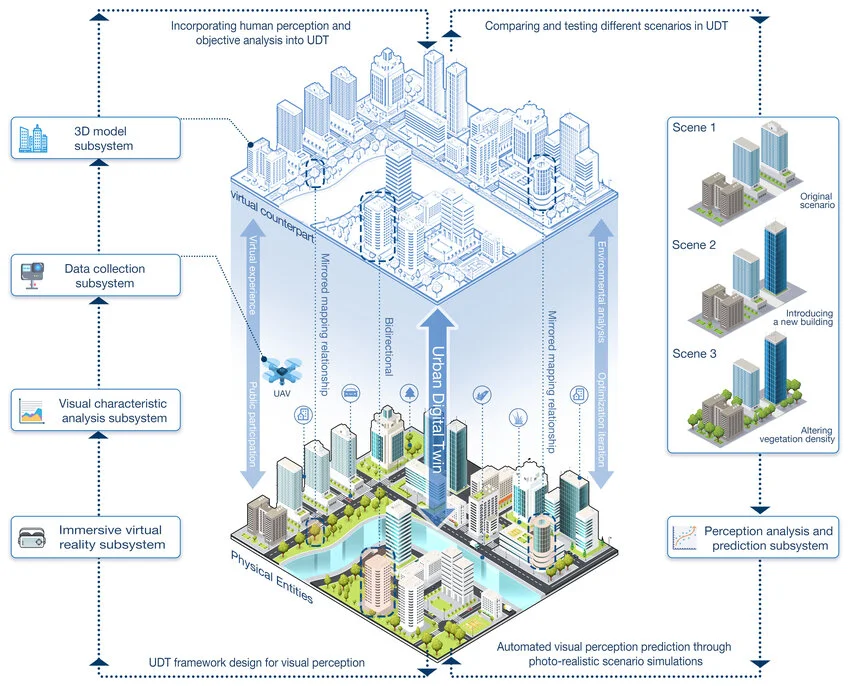
The Synergy Between Generative AI and Digital Twins
Generative AI enhances digital twins by producing synthetic data, design alternatives, and predictive scenarios that enrich the twin’s modeling capabilities. This symbiosis allows urban planners to simulate numerous “what-if” scenarios rapidly, optimizing urban form and infrastructure parametrically.
Moreover, AI-driven analytics within digital twins enable adaptive responses to real-time urban changes. This integration supports participatory urbanism by providing accessible, data-rich platforms where stakeholders can visualize impacts and contribute to decision-making, fostering transparency and inclusivity.
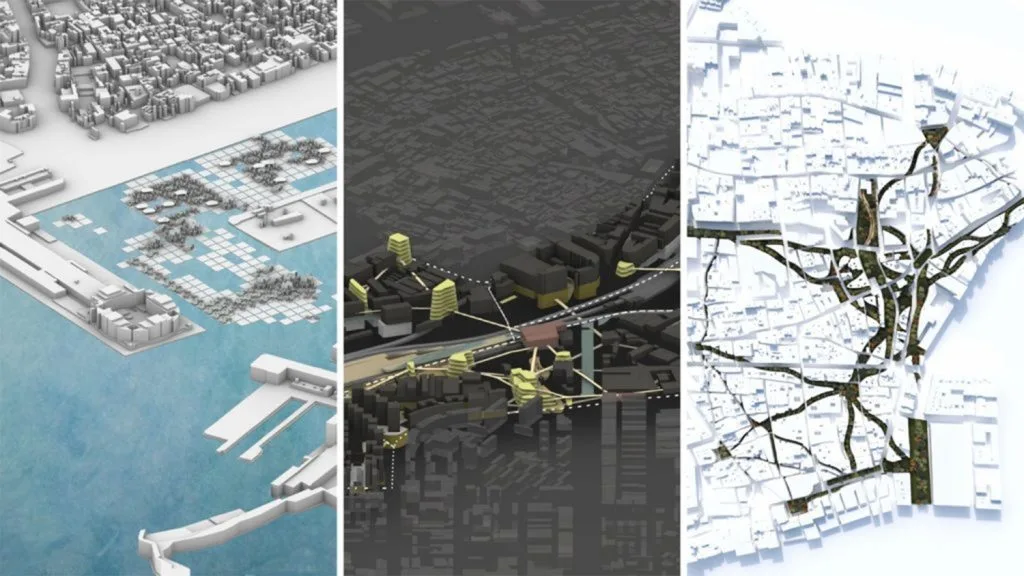
Source: Website Link
Parametric Urbanism Empowered by AI and Digital Twins
Parametric urbanism benefits from generative AI’s ability to automate design exploration based on defined parameters such as environmental constraints, social needs, and infrastructure capacity. Digital twins provide a sandbox environment where these parametric designs can be tested against real-world data, allowing iterative refinement. This approach leads to more efficient, sustainable, and context-sensitive urban forms. For example, AI algorithms can optimize building orientation for solar gain while digital twins simulate energy consumption patterns, enabling holistic urban design.
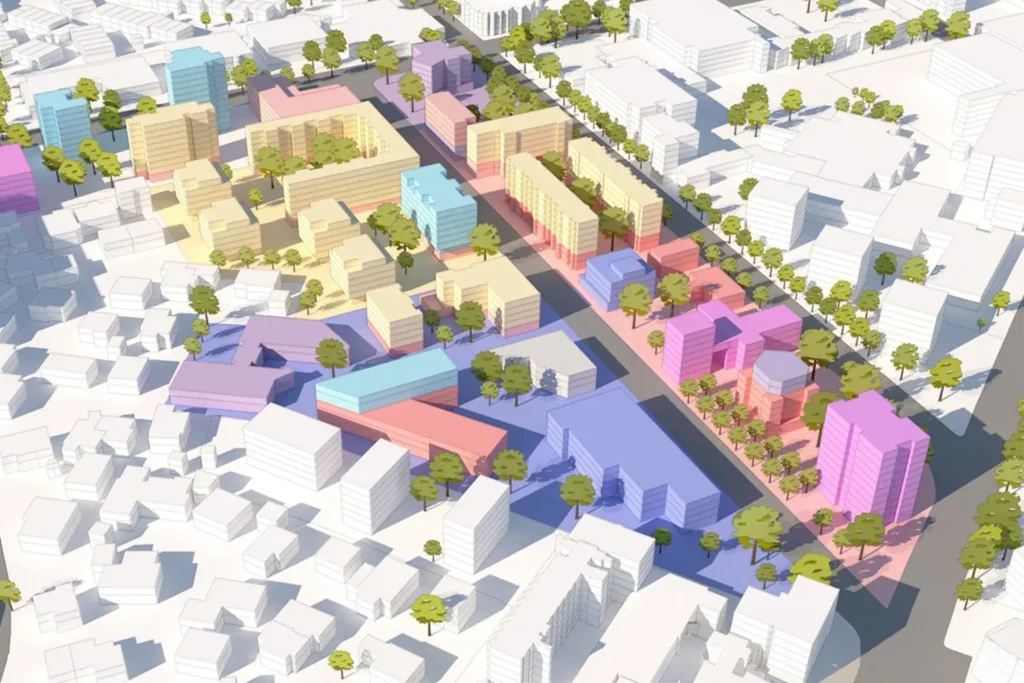
Participatory Urbanism in the Digital Age
Participatory urbanism leverages digital twins combined with AI to democratize urban planning. Platforms integrating these technologies enable citizens to visualize proposed changes, provide feedback, and co-create solutions. AI can analyze citizen input alongside sensor data to identify community priorities and forecast social impacts.
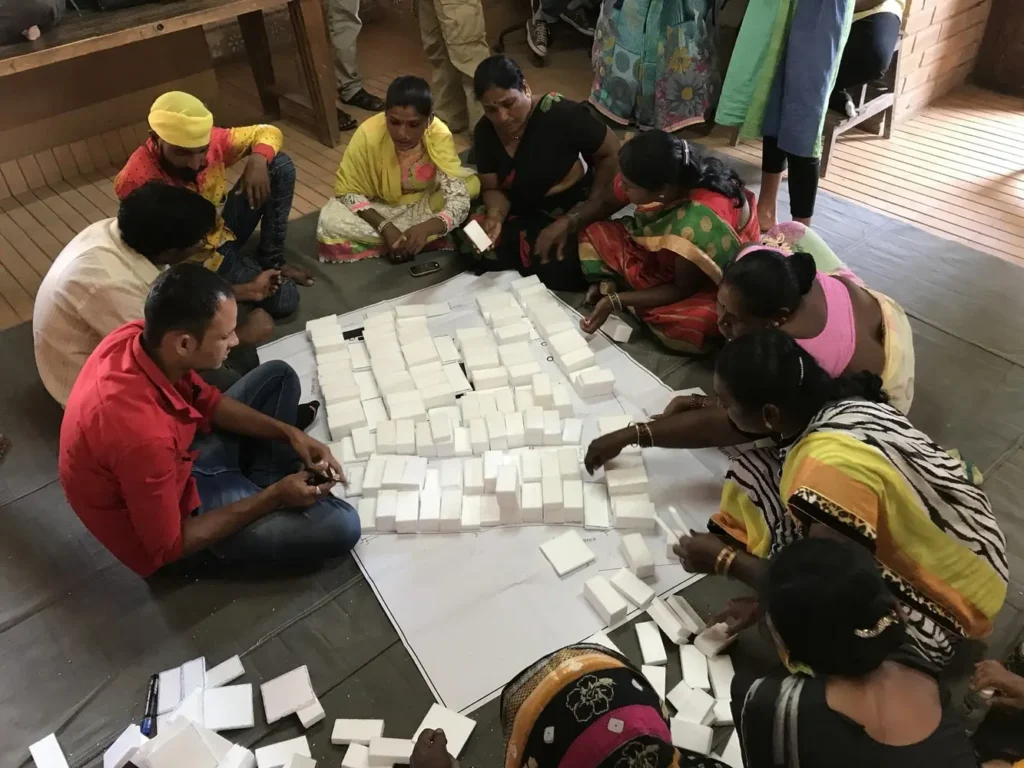
Challenges and Ethical Considerations
Despite their promise, integrating generative AI and digital twins faces challenges such as data interoperability, high computational demands, and privacy concerns. Ethical issues arise around algorithmic bias, transparency, and equitable access to technology. Urban designers must advocate for standards, open data policies, and inclusive frameworks that ensure these technologies empower rather than exclude communities.

Future Directions and Research Opportunities
Future research should focus on decentralized AI architectures to enhance scalability, multi-modal data fusion for richer urban insights, and agentic AI systems capable of autonomous urban management tasks. Integrating parametric design automation with participatory governance platforms can foster smarter, more adaptive cities. Cross-disciplinary collaboration among urban planners, AI researchers, and social scientists will be essential to realize these potentials.
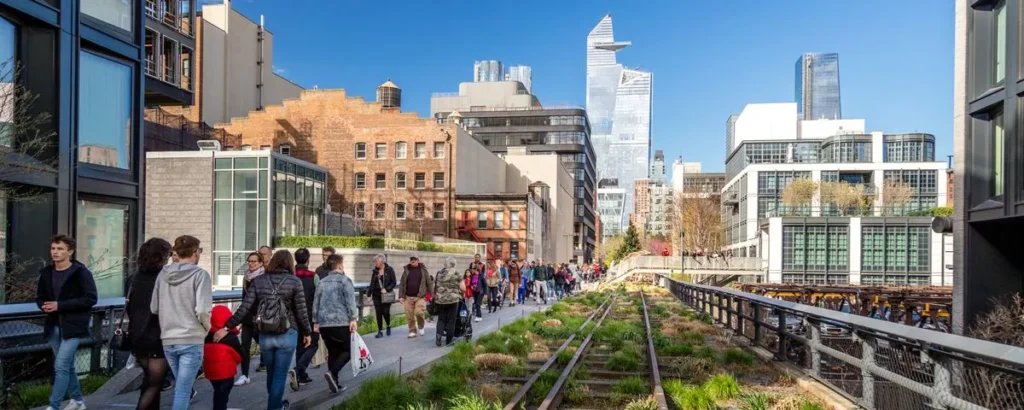
Conclusion
Generative AI and digital twins are reshaping parametric and participatory urbanism by enabling dynamic, data-driven design and inclusive governance. Their integration supports smarter, more resilient, and community-centered cities, as demonstrated by pioneering projects worldwide.
However, challenges related to data quality, ethics, and inclusivity must be addressed to harness their full potential. Ongoing research and collaborative innovation will pave the way for urban environments that are not only technologically advanced but also socially equitable and sustainable.
Urban designers and planners stand at the forefront of this transformation, equipped with powerful tools to co-create the cities of tomorrow.
References
- Albino, V., Berardi, U., & Dangelico, R. M. (2015). Smart Cities: Definitions, Dimensions, Performance, and Initiatives. Journal of Urban Technology, 22(1), 3–21. https://doi.org/10.1080/10630732.2014.942092
- Batty, M. (2018). Digital Twins. Environment and Planning B: Urban Analytics and City Science, 45(5), 817–820. https://doi.org/10.1177/2399808318796416
- Kitchin, R. (2014). The Real-Time City? Big Data and Smart Urbanism. GeoJournal, 79(1), 1–14. https://doi.org/10.1007/s10708-013-9516-8
- Kramers, A., & Albrecht, F. (2020). Digital Twins for Urban Planning: A Review of Current Applications and Future Challenges. Sustainable Cities and Society, 61, 102320. https://doi.org/10.1016/j.scs.2020.102320
- Picon, A. (2019). Smart Cities: A Spatialised Intelligence. Wiley-Blackwell.
- Silva, B. N., Khan, M., & Han, K. (2018). Towards Sustainable Smart Cities: A Review of Trends, Architectures, Components, and Open Challenges in Smart Cities. Sustainable Cities and Society, 38, 697–713. https://doi.org/10.1016/j.scs.2018.01.053
- Sadowski, J., & Bendor, R. (2019). Selling Smartness: Corporate Narratives and the Smart City as a Sociotechnical Imaginary. Science, Technology, & Human Values, 44(3), 540–563. https://doi.org/10.1177/0162243918806061
- Wang, S., & Wang, J. (2021). Artificial Intelligence and Digital Twins for Smart Urban Planning: A Systematic Review. Computers, Environment and Urban Systems, 85, 101569. https://doi.org/10.1016/j.compenvurbsys.2020.101569
- Zhang, Y., & Zheng, Y. (2020). AI-Driven Urban Digital Twins: A New Paradigm for Smart City Development. Journal of Urban Technology, 27(3), 3–22. https://doi.org/10.1080/10630732.2020.1776373

Isabella Pettengill
About the author
Isabella Pettengill is a final-year Architecture and Urbanism student at the Federal University of Mato Grosso do Sul (UFMS), Brazil. Throughout her academic journey, she has pursued diverse professional experiences across residential, commercial, healthcare, and urban design projects, with a growing focus on human-centered and sustainable urbanism. Her bachelor’s thesis explores the revitalization of underutilized public spaces through artistic and inclusive design strategies.
Related articles
UDL GIS
Masterclass
GIS Made Easy – Learn to Map, Analyse, and Transform Urban Futures
Session Dates
23rd-27th February 2026

Urban Design Lab
Be the part of our Network
Stay updated on workshops, design tools, and calls for collaboration
Curating the best graduate thesis project globally!

Free E-Book
From thesis to Portfolio
A Guide to Convert Academic Work into a Professional Portfolio”
Recent Posts
- Article Posted:
- Article Posted:
- Article Posted:
- Article Posted:
- Article Posted:
- Article Posted:
- Article Posted:
- Article Posted:
- Article Posted:
- Article Posted:
Sign up for our Newsletter
“Let’s explore the new avenues of Urban environment together “

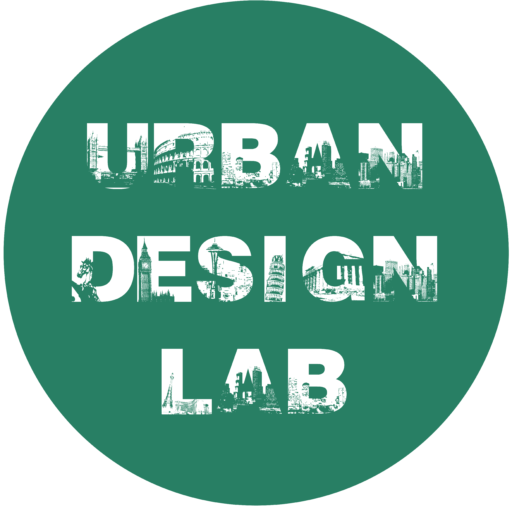
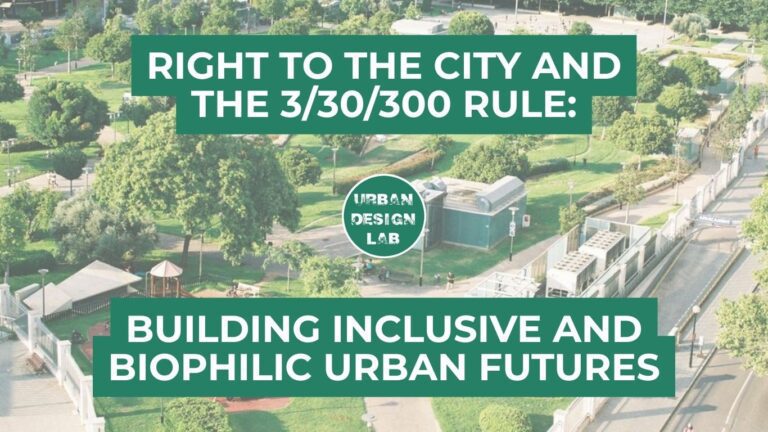
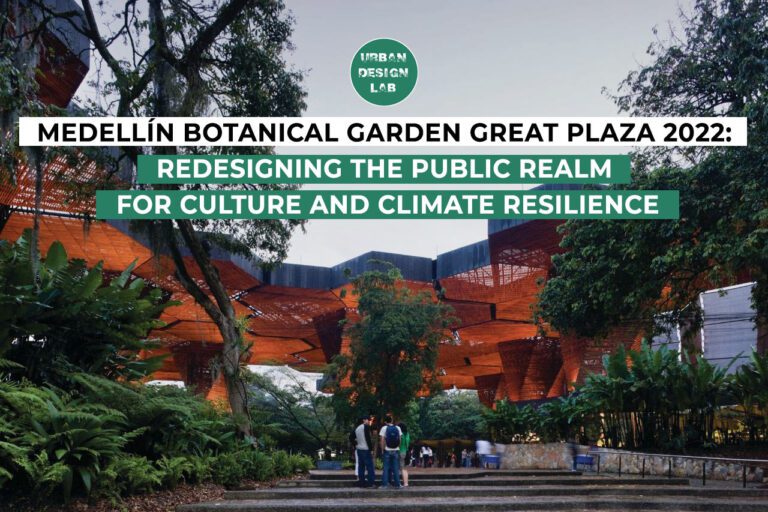
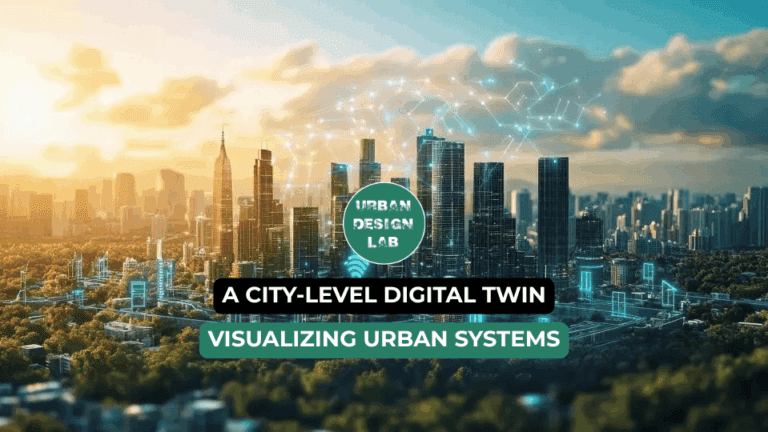
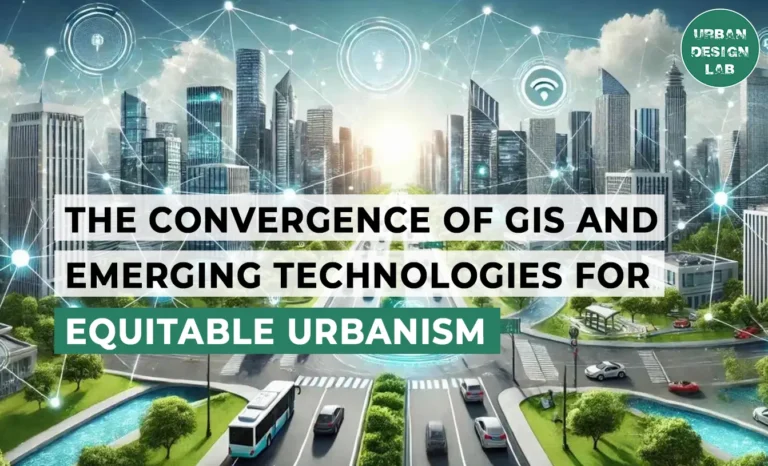
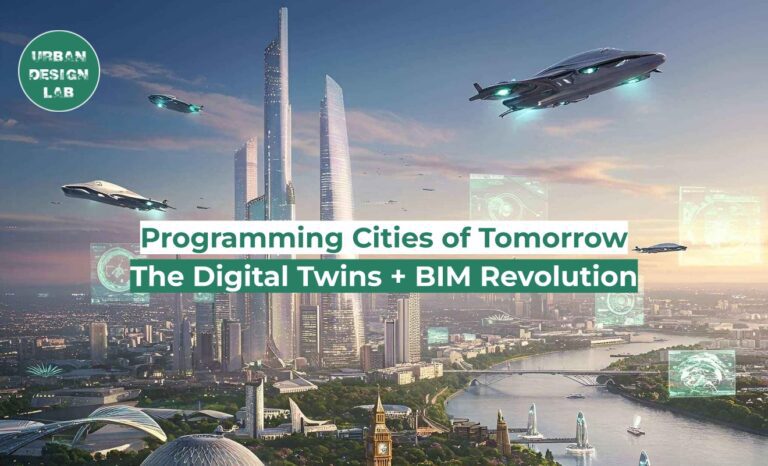
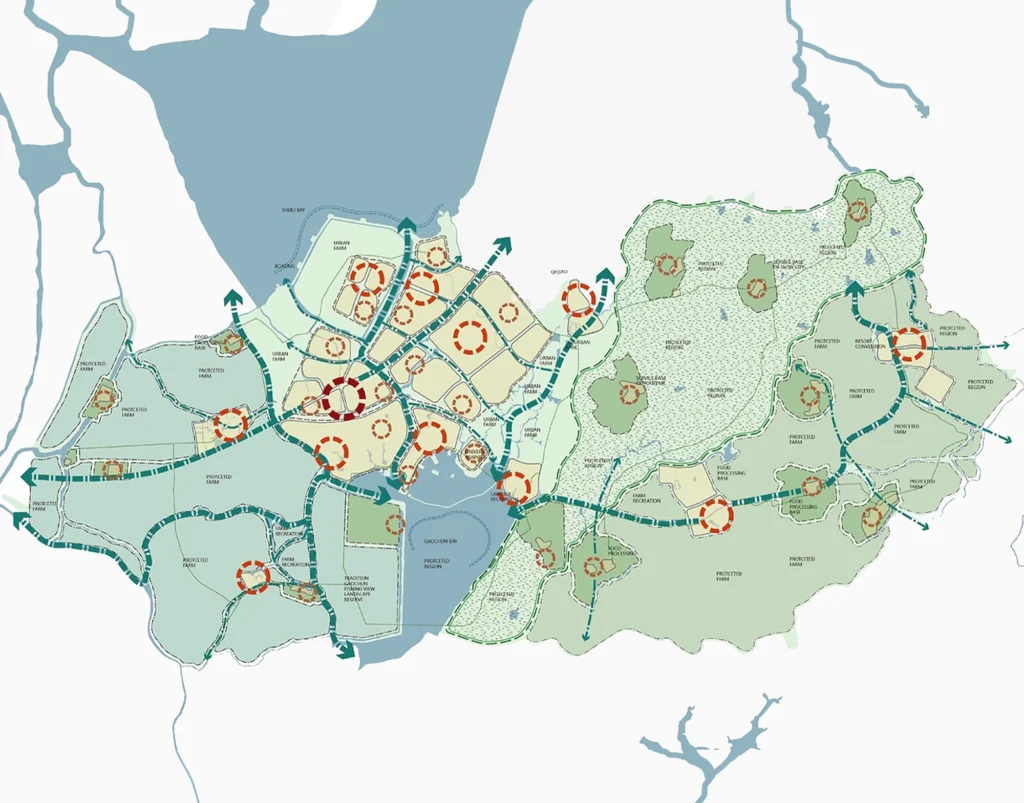
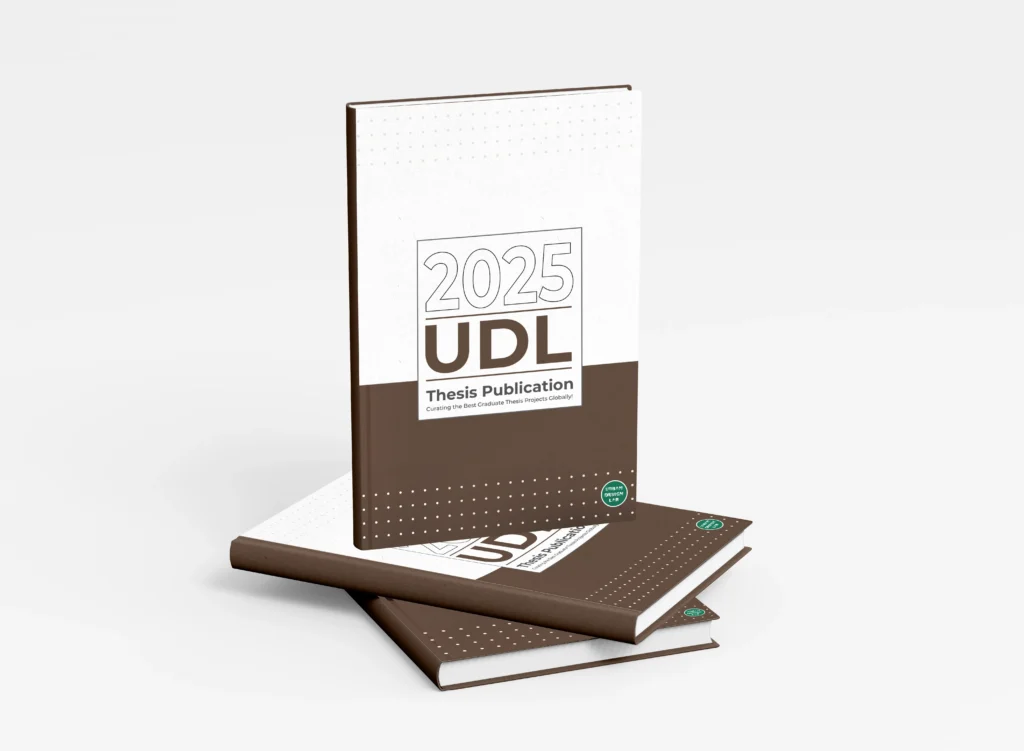

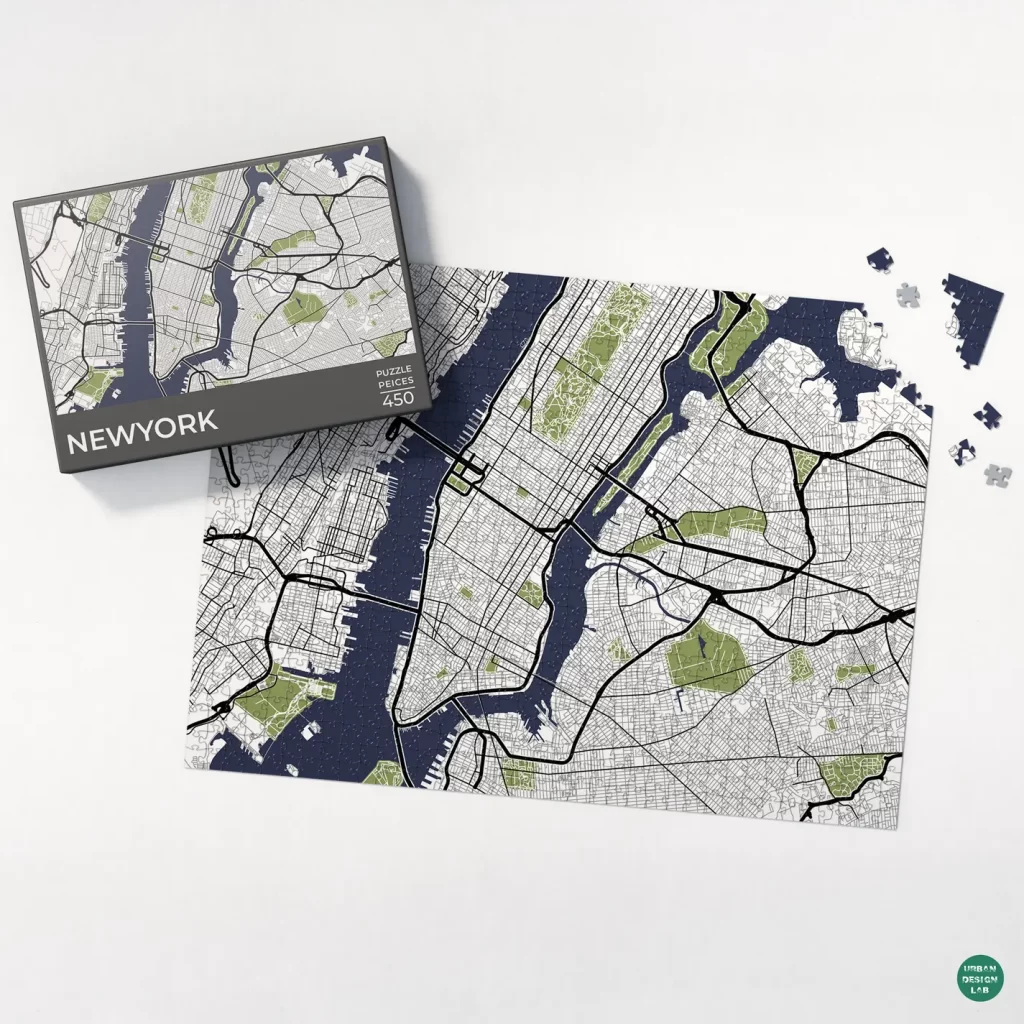

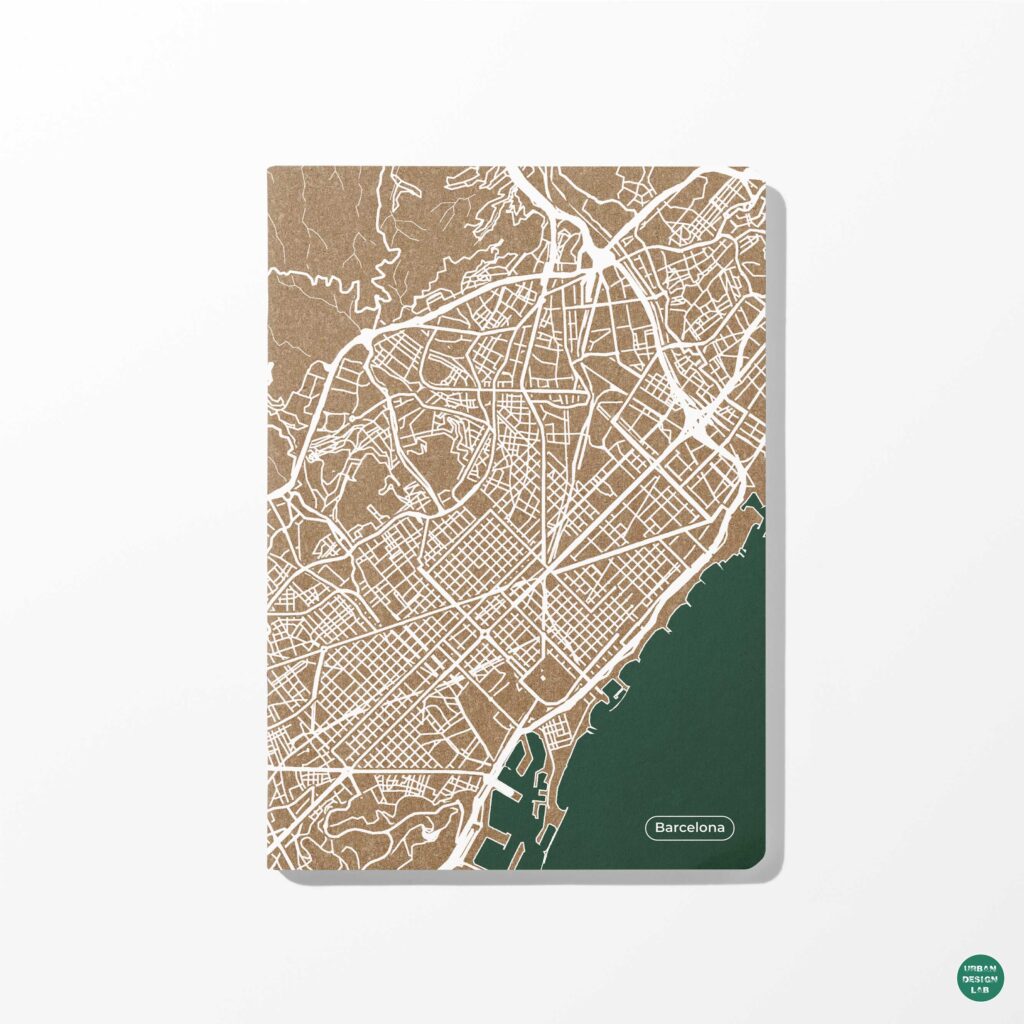


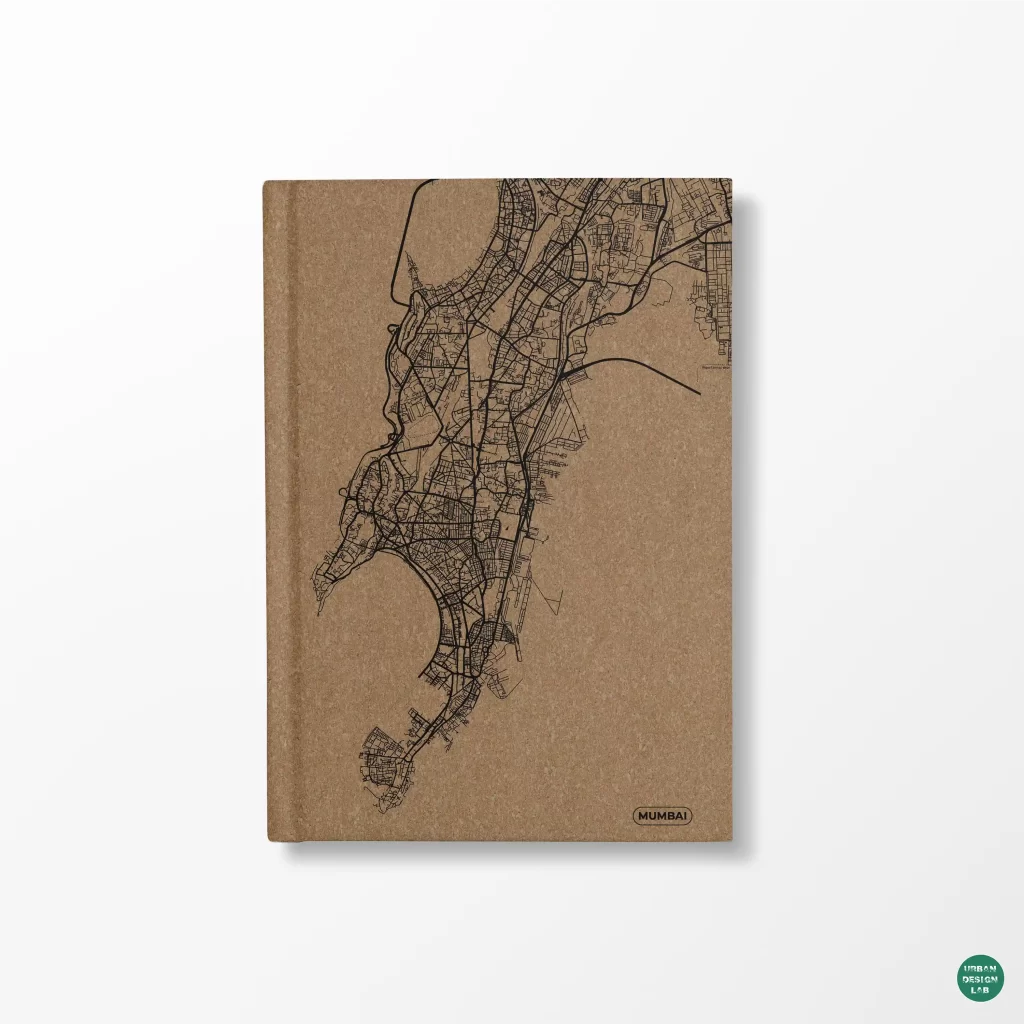

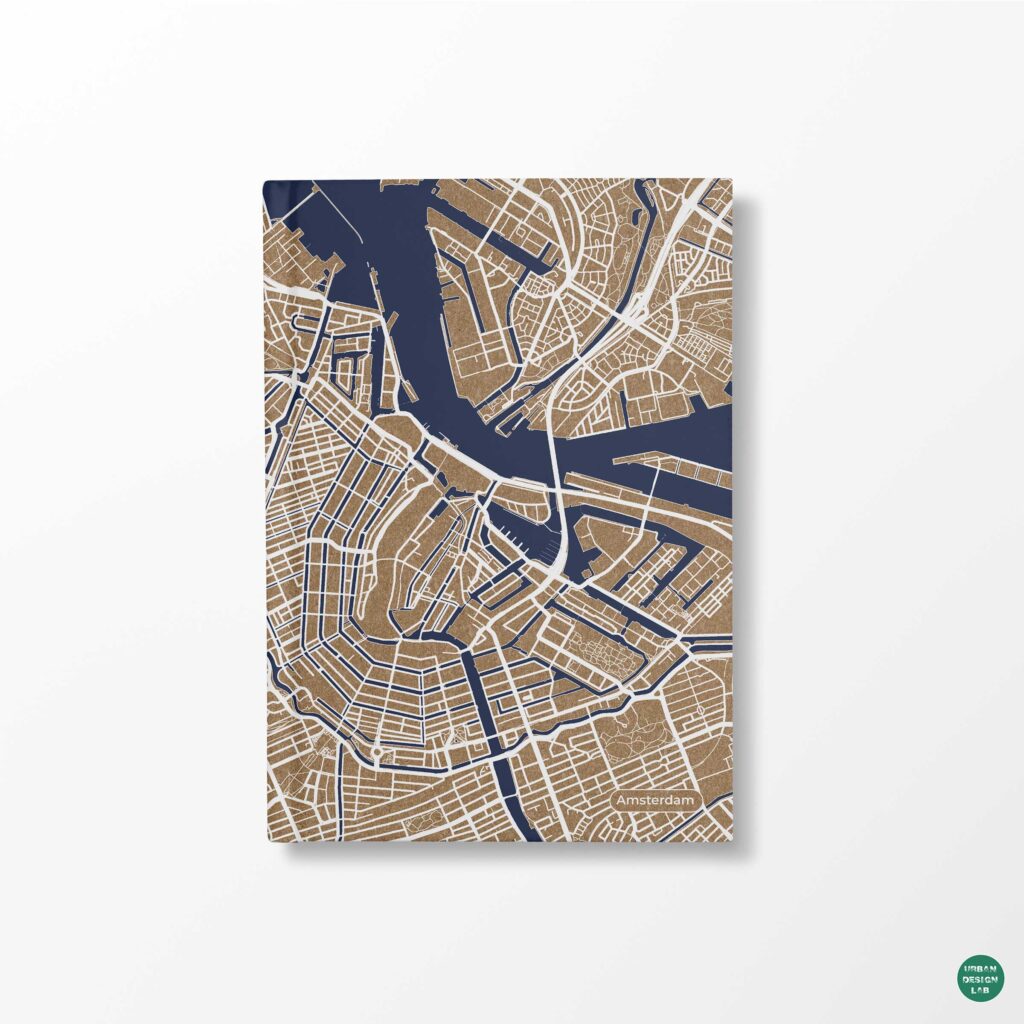

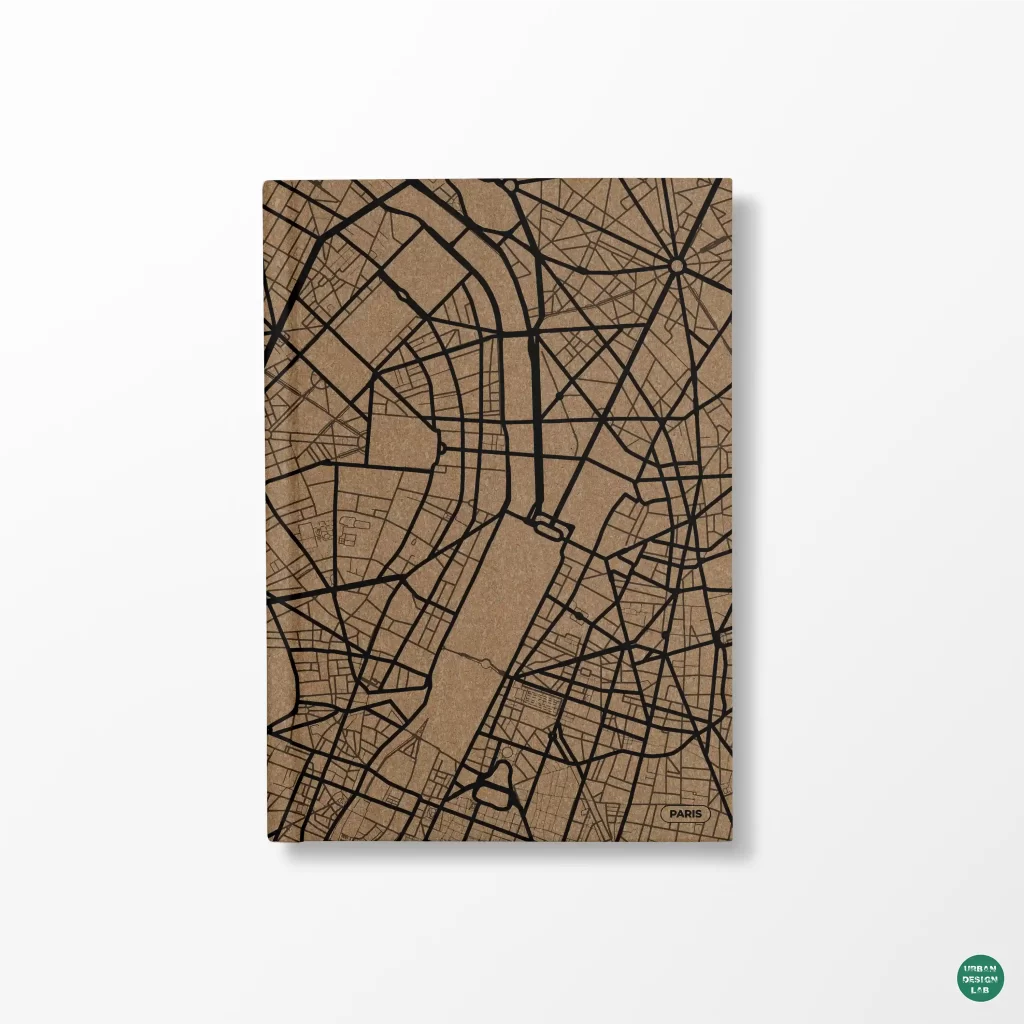







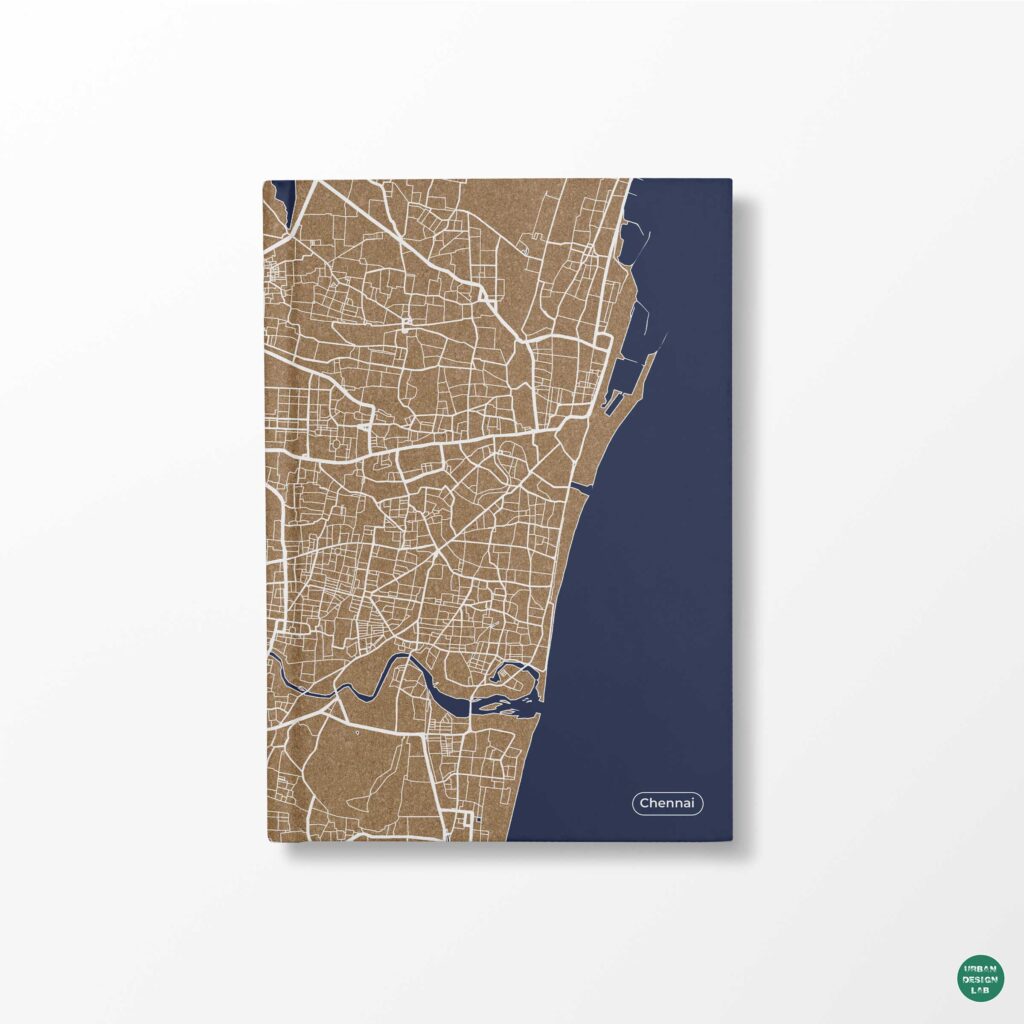







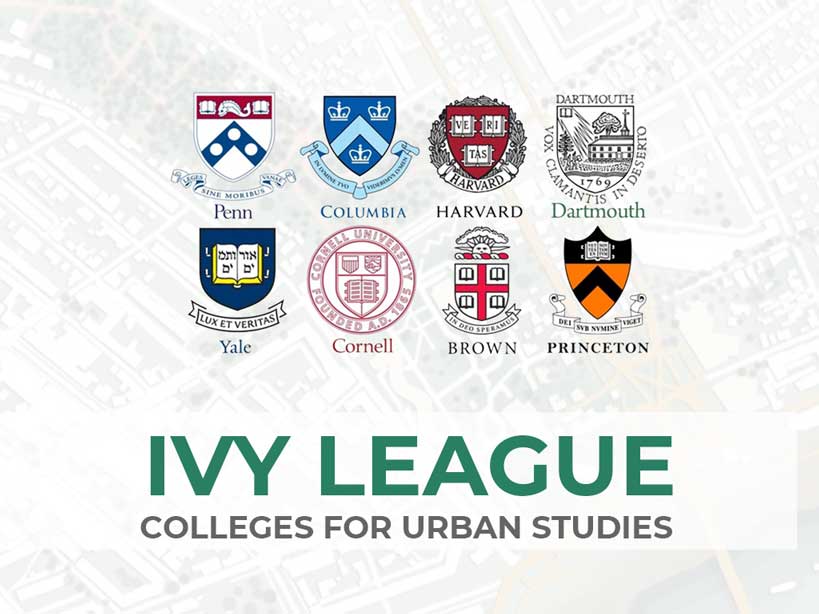
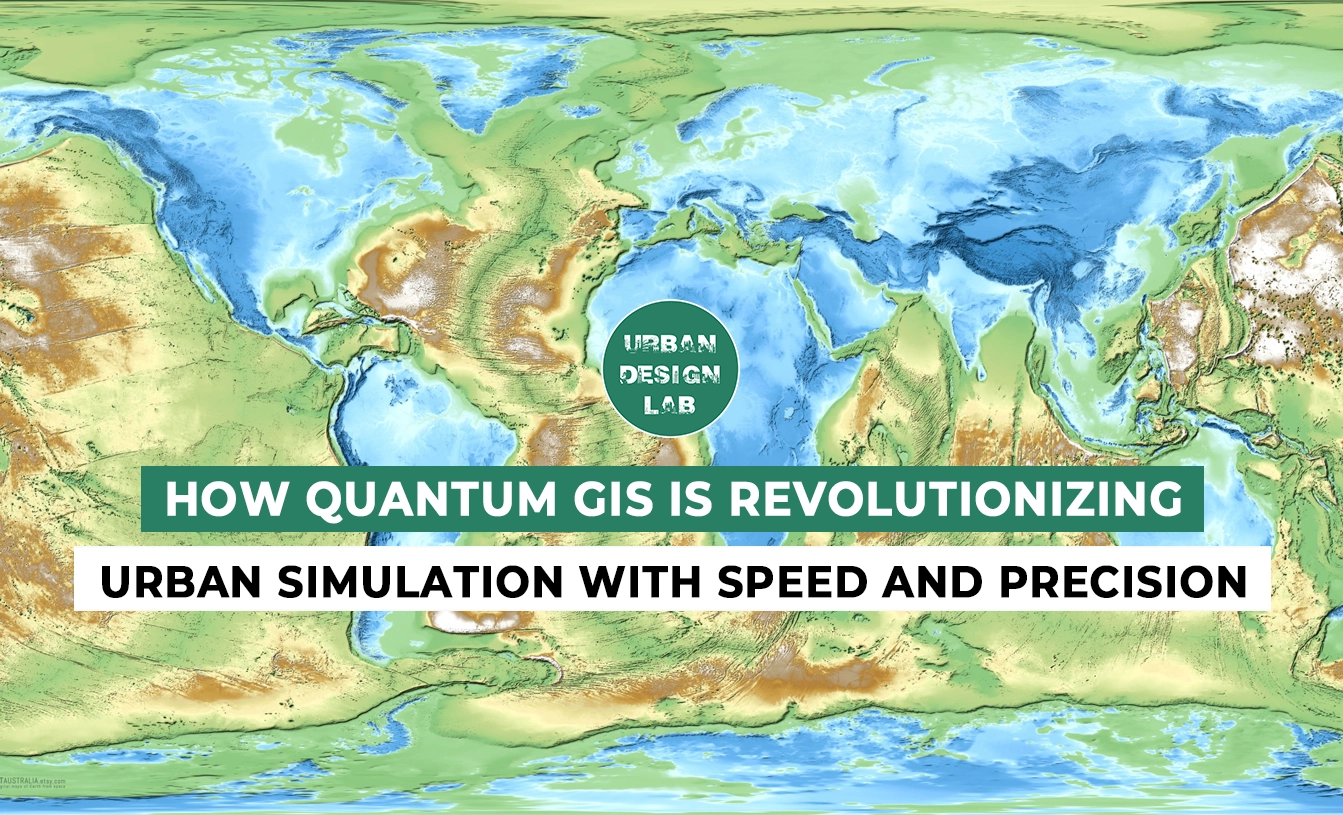




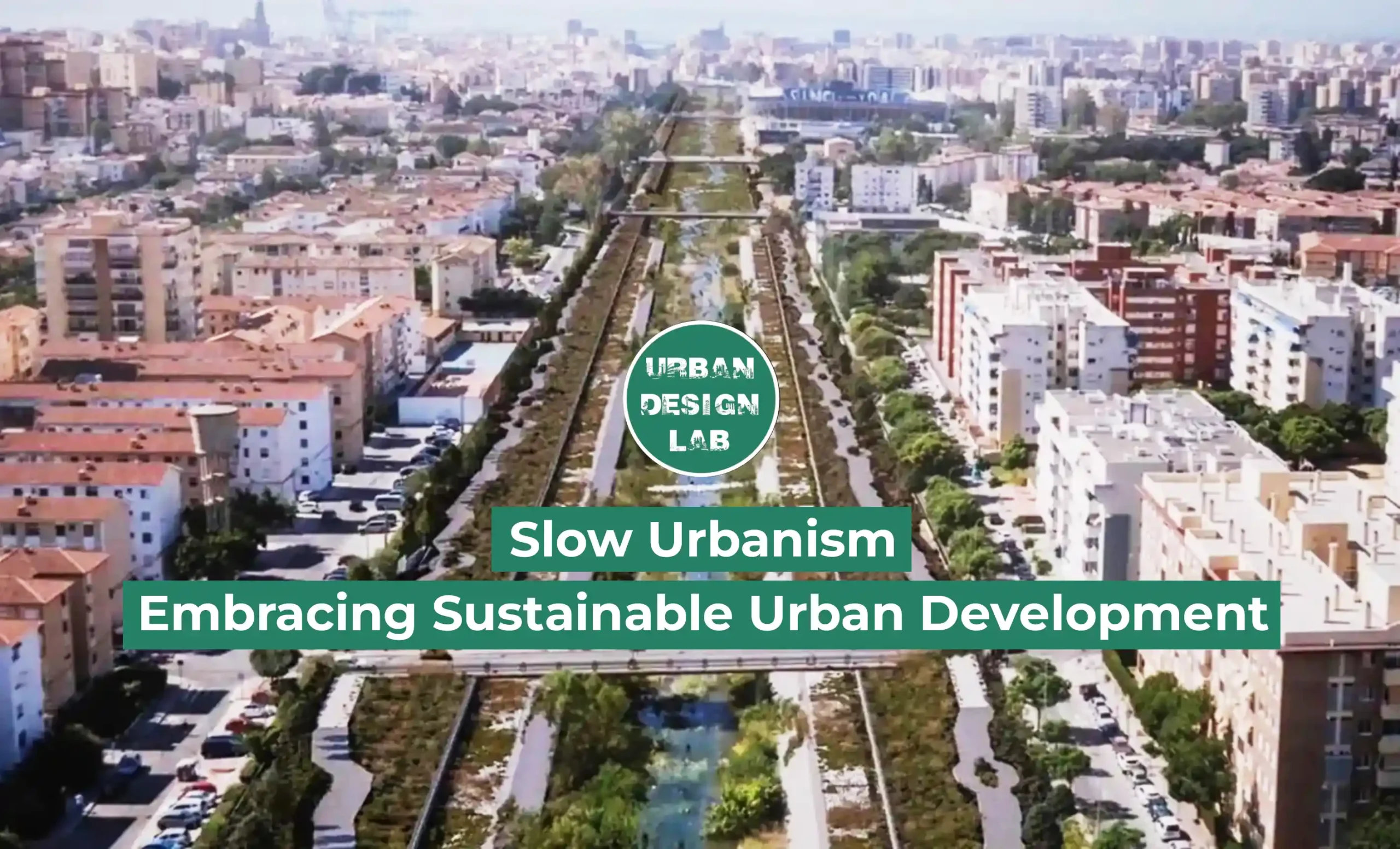
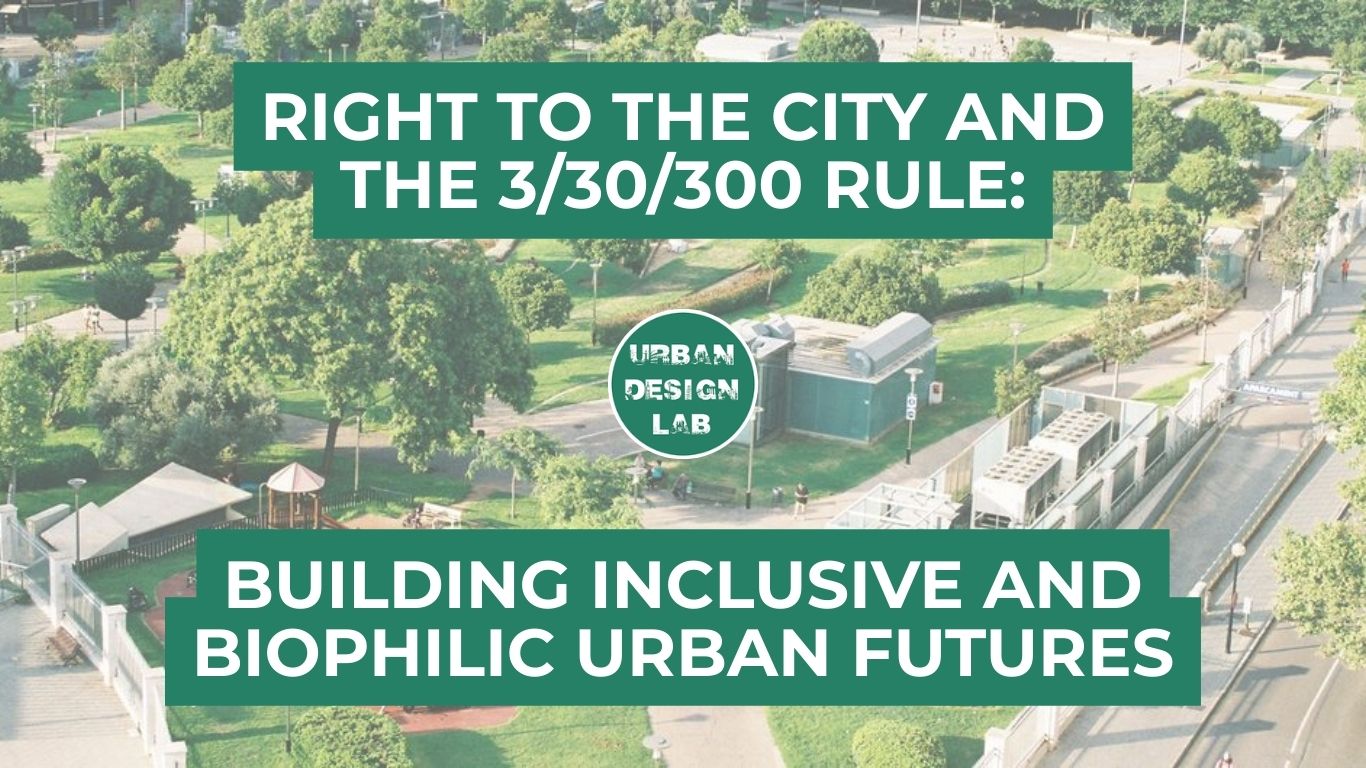
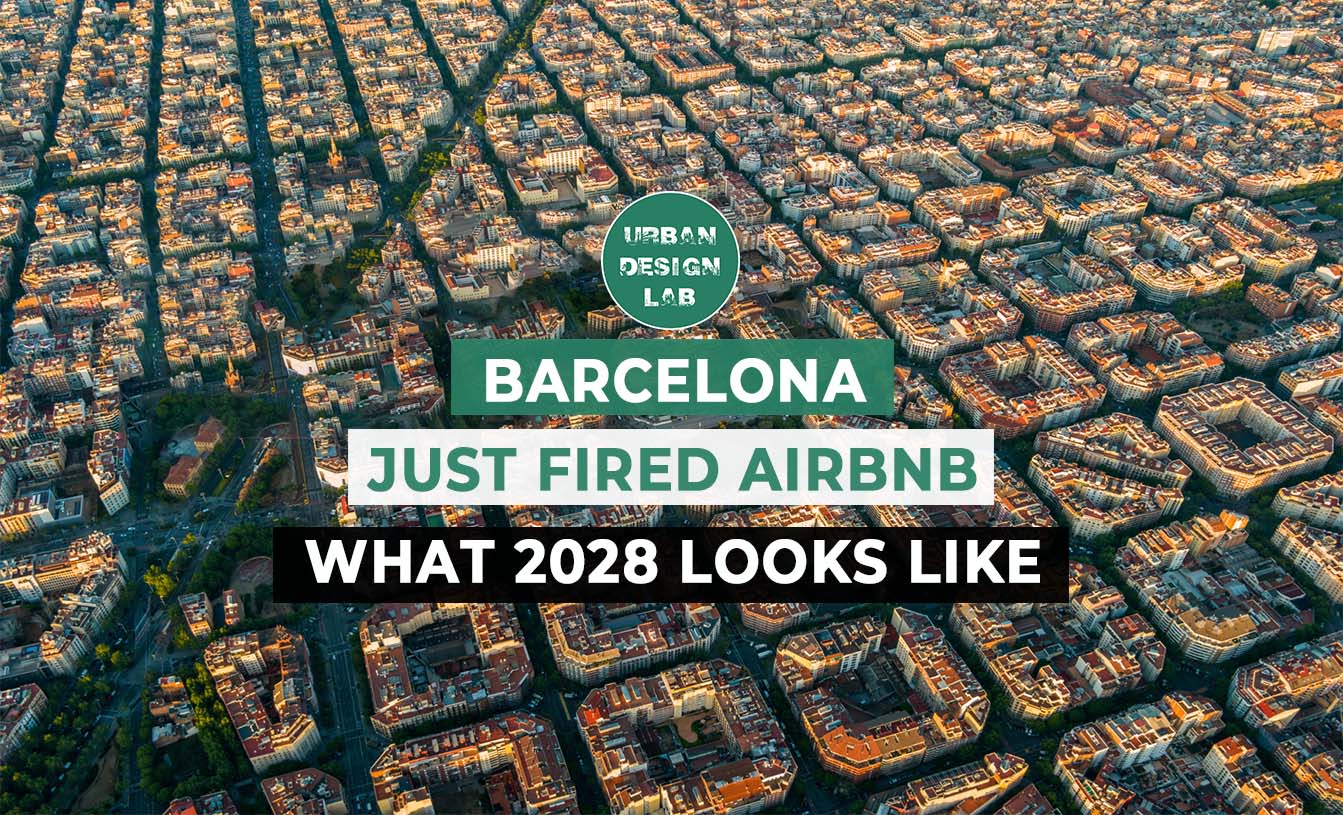

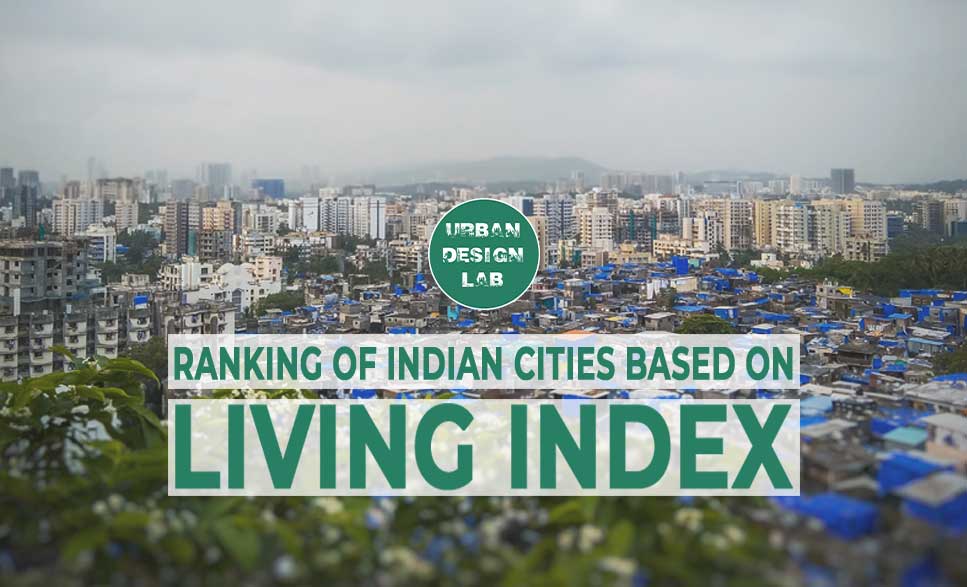


One Comment
Betul
Pemikiran selanjutnya harus menggunakan teknologi yang baru